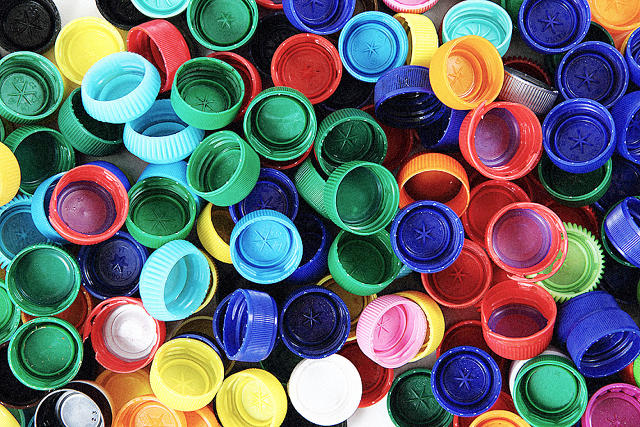
Japanese researchers have successfully isolated a bacterium species Ideonella sakaiensis 201-F6 capable of breaking down plastic polyethylene terephthalate (PET) or polyester. Their results were published in the journal Science.
Key Points
Ideonella sakaiensis relies on PET film as a primary source of carbon for growth.
It is capable of completely degrading a thin film of PET in a short span of six weeks at 30°C.
The bacterium species uses two enzymes in sequence to break down the highly biodegradable-resistant polymer PET.
First enzyme helps the bacterium to adhere to the PET and produce an intermediate substance through process of hydrolysis.
The second enzyme then works with water and acts on this intermediate substance.
It produces the 2 monomers ethylene glycol and terephthalic acid that are used for making PET through polymerisation.
Applications: The bacteria could potentially be used in industrial recycling processes with having any adverse impact on the environment. It can replace or augment the current mechanical recycling plastic process.
Current Affairs 11th March, 2016 Highlights of Union Budget 2016-17 Highlights of Railway Budget 2016

Join The Discussion